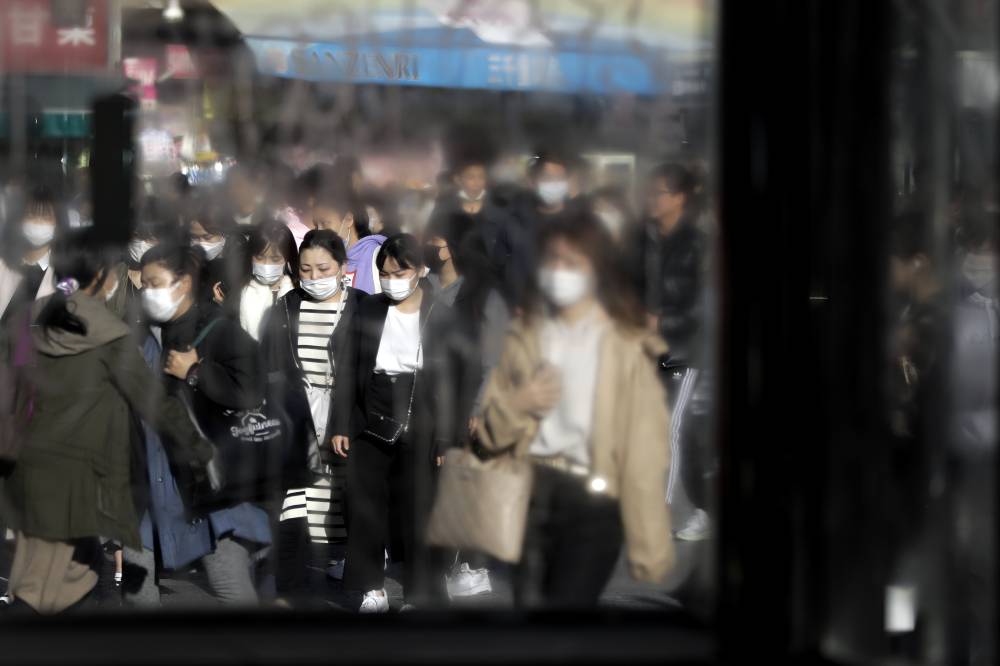The frequent occurrence of disasters in Japan has ensured that netizens are constantly on the lookout for online hoaxes. Following any large earthquake or typhoon, social media is typically flooded with all kinds of misleading posts and doctored images. Some are posted in a deliberate attempt to stoke panic, others have a more sinister bent.
The new coronavirus pandemic has spawned a number of mistruths around the globe, and Japan is certainly not exempt in this regard. The misleading posts have run the gamut, and range from such things as inaccurate ways of checking if you have the virus to rumors of an imminent nationwide lockdown. Entire articles have been written that focus on how experts are fighting misinformation surrounding COVID-19.
That's standard operating procedure for social media users these days. However, the situation starts getting a little murkier when conspiracies enter the fray. People purporting to know the truth about major happenings is nothing new, but sites such as Twitter and YouTube are helping to spread their theories further and faster than ever before.

















With your current subscription plan you can comment on stories. However, before writing your first comment, please create a display name in the Profile section of your subscriber account page.